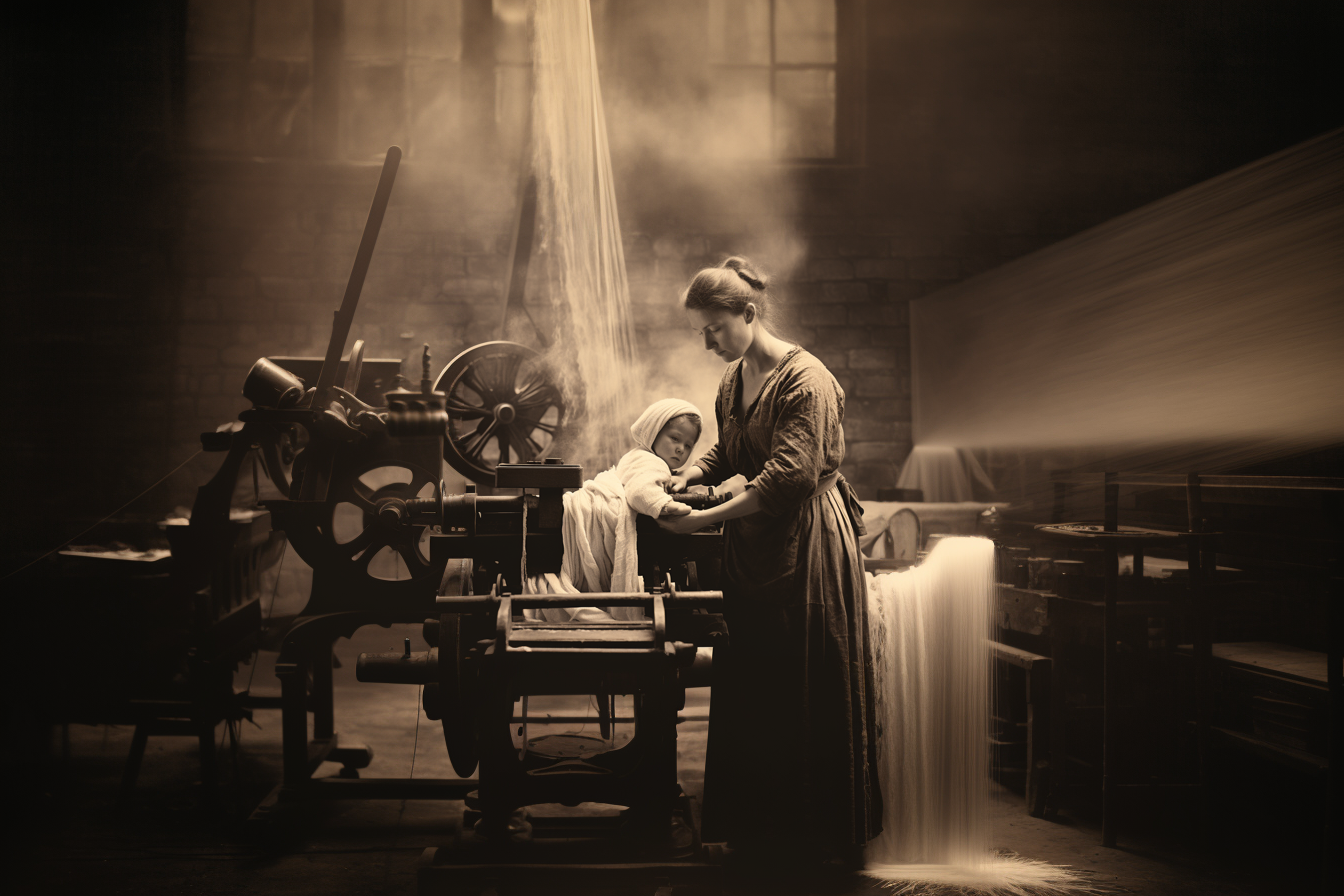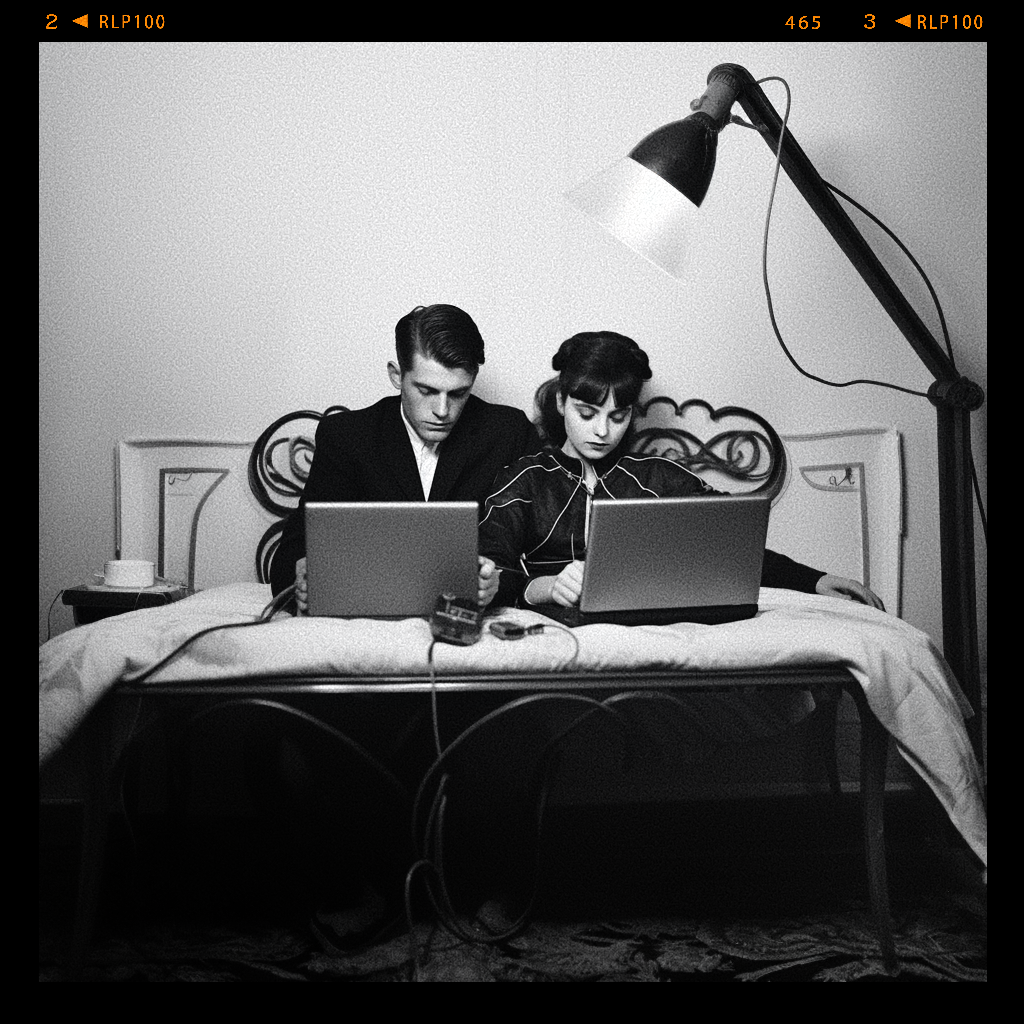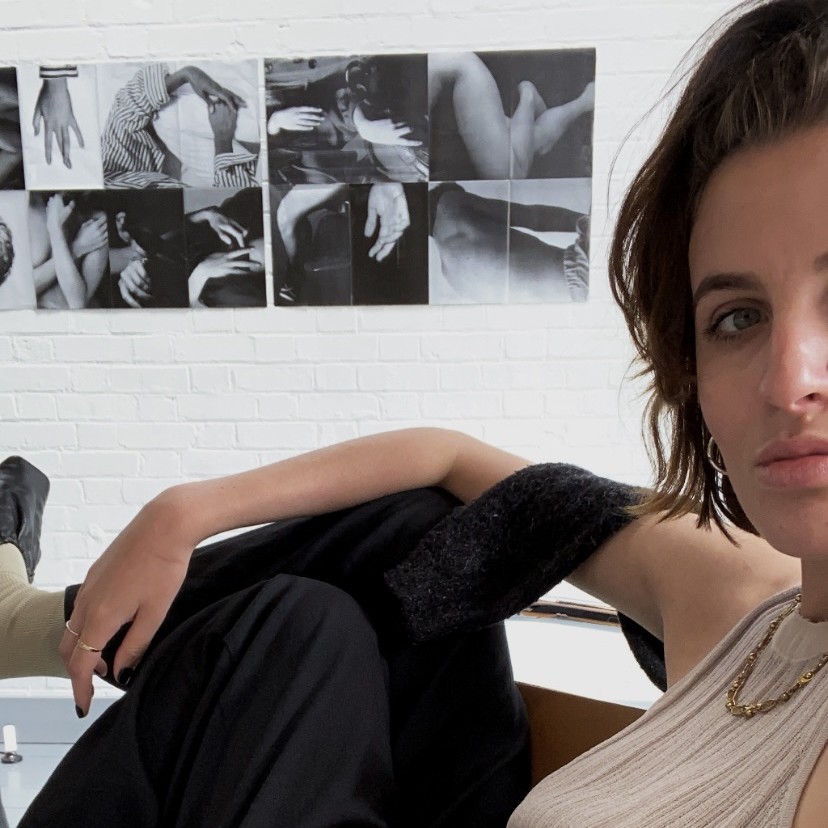Read Time 3 minutes
Choose your own adventure: The future of artificial intelligence
Socialist utopia or the end of the world? How AI will change the creative industries and how we can make it out alive.

We are experiencing another industrial revolution in real time: welcome to Industry 4.0.
Since the eighteenth century, new technologies have arrived, been chronically mismanaged, disrupted the workforce and changed the ways that people work and live – sometimes for better, but often for much worse. From steam power, to the production-line, to automation through robotics, in the last 250 years more and more humans have become appendages to the machine but still tethered to a life of toil. Oh, and the climate is in total crisis too.
So what is Industry 4.0? Well, there have been three iterations of industrial revolution already [with some overlap], and this is the fourth, the age of Big Data, autonomous production, and, crucially, artificial intelligence.

At the moment generative AI feels like fun and games, and in the short term that’s kind of true. It’ll save time and money and might take the boring bits out of your work life. But its long term impacts are a little more drastic. We’ve been thinking about the future of AI like a choose your own adventure game: on one path there is the utopia; a superabundant society with productivity boosted by AI under public ownership, with everyone having an equal share of the material output of this new technology. Because labour will be meaningful we’ll be able to draw personal satisfaction from art and creativity. Yay! But the other option [and let’s face it, the more likely one. Thanks capitalism] is that fewer jobs will mean exacerbated inequalities and less access to necessary basics and services. In fact, there is a significant chunk of people who think AI could mean curtains for humankind.

At the moment generative AI feels like fun and games, and in the short term that’s kind of true. It’ll save time and money and might take the boring bits out of your work life. But its long term impacts are a little more drastic. We’ve been thinking about the future of AI like a choose your own adventure game: on one path there is the utopia; a superabundant society with productivity boosted by AI under public ownership, with everyone having an equal share of the material output of this new technology. Because labour will be meaningful we’ll be able to draw personal satisfaction from art and creativity. Yay! But the other option [and let’s face it, the more likely one. Thanks capitalism] is that fewer jobs will mean exacerbated inequalities and less access to necessary basics and services. In fact, there is a significant chunk of people who think AI could mean curtains for humankind.
In our network there has been a lot of chat about what this will all mean for the creative industries, but we remain optimistic, and reckon that, as individuals, there are a few things we can do to influence structural change that might help lead us on the path to safety, preserving creativity and those whose livelihoods depend on it. We’ve put together a downloadable resource featuring background info, expert predictions, and considerations that we hope you’ll find illuminating. Click the link below to get it delivered straight to your inbox.
END
subscribe for the latest artist interviews,
historical heronies, or images that made me.
what are you in the mood for?









